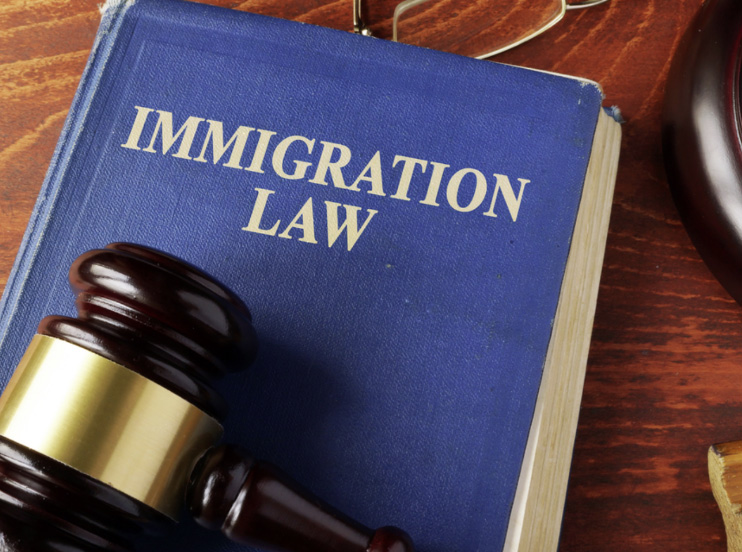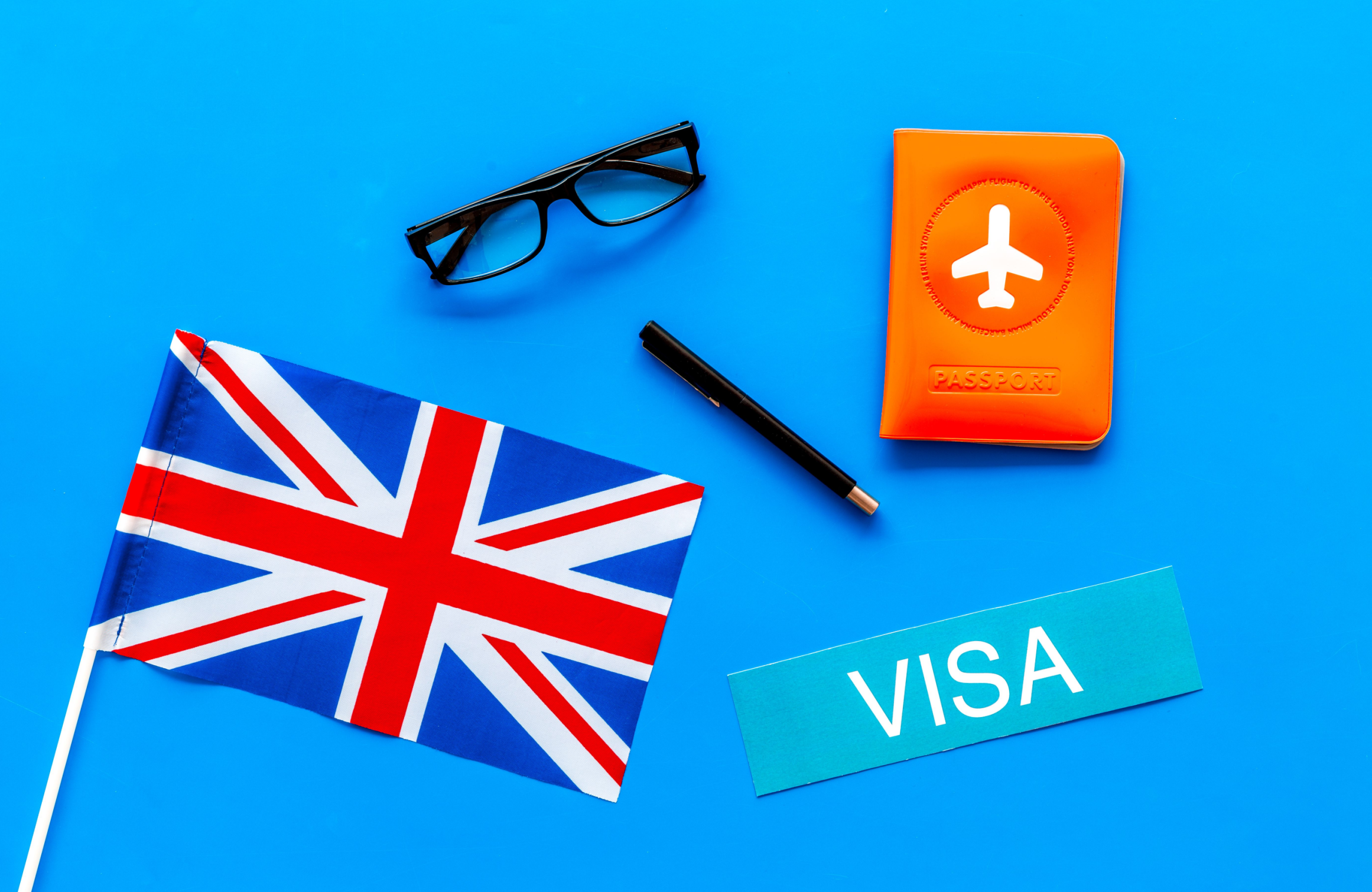This is a joint article written by our Head of Immigration, Louis MacWilliam and our Immigration consultant, Jennie Chau.
With new authoritarian laws on the horizon, we at Truth Legal consider the British Prime Minister’s offer to Hong Kong citizens. We also look at existing measures that Hong Kong citizens can take to secure the British citizenship of their family members. We take a close look at how third generations under the BNSS can secure British citizenship, and potential immigration routes to the UK.
Boris Johnson’s statement and British National Overseas (BNO)
First up, what about Boris Johnson’s statement? The Chinese Government has proposed new laws on national security that set up the legal framework to prevent and punish subversion, terrorism, separatism, and foreign interference.
According to the current UK immigration rules, BNO passport holders are subject to immigration control and do not have the automatic right to live or work in the UK. They are not considered a UK national by the European Union (EU).
However, writing in The Times, on 3rd June 2020, Johnson appears to have made a wide offer to all those eligible to hold a BNO passport if China imposes a national security law.
In a remarkable statement, Boris Johnson said,
“If China imposes its national security law, the British government will change its immigration rules and allow any holder of these passports from Hong Kong to come to the UK for a renewable period of 12 months and be given further immigration rights including the right to work which would place them on the route to citizenship.”
Britain would allow holders of BNO passports to remain in the UK for 12 months on a renewable basis and be given the right to work, placing them on a possible path to UK citizenship.
But what does Johnson’s statement mean? Firstly, we would highlight that Mr Johnson’s statement is just that: a statement. It is not the law. Furthermore, Mr Johnson words are clearly designed to put pressure on China, and it remains to be seen whether he would ever follow through with this offer.
Given that the UK has just left the EU in large part due to concerns about controlling immigration under pressure from the right-wing elements of his party, Johnson’s Conservative party might well stop Mr Johnson from enacting such a measure. That is of course assuming that Johnson’s offer is genuine in the first place, something which cannot be taken for granted with Johnson.
If Hong Kong citizens cannot bank on Johnson, what other measures might be available for Hong Kong citizens to secure British nationality for themselves or their children?
The British Nationality (Hong Kong) Selection Scheme – can the third generation acquire British citizenship?
The British Hong Nationality (Hong Kong) Selection Scheme (BNSS) allowed at least 50,000 persons, and their spouses and children, to become British citizens by means of registration under the British Nationality (Hong Kong) Act 1990.
When considering whether British citizenship can be transmitted down generations, it is important to understand the two forms of British citizenship: ‘British citizenship otherwise than by descent’, and ‘British citizenship by descent’. Importantly, in relation to the BNSS, section 2(1) of British Nationality (Hong Kong) Act 1990 sets out which form of British citizenship a person would get:
A person who is registered as a British citizen by virtue of section 1(1) above shall be treated for the purposes of the British Nationality Act 1981 (in this Act referred to as “the principal Act”) as a British citizen otherwise than by descent; and a person who is registered as a British citizen by virtue of Schedule 2 to this Act shall be treated for the purposes of that Act as a British citizen by descent.
With it now being decades since people could register under the BNSS, and with China’s grip on Hong Kong becoming ever tighter, a crucial question for many is whether the third generation can register under the BNSS as a British citizen.
As noted, British citizenship ‘otherwise than by descent’ is the strong form of citizenship. Therefore, those who registered for the BNSS, under section 2(1) of British Nationality (Hong Kong) Act 1990 could transmit their citizenship to their children, regardless of the place of their children’s birth. However, the second generation would acquire the weaker form of British citizenship ‘by descent’, and transmission to the third generation is allowed in much more limited circumstances.
Unless the third generation child is born in the UK, then, in most cases, it is necessary for a third generation of BNSS to register as British citizen by meeting either the requirements of s3(2) or s3(5) of British Nationality Act 1981.
Section 3(2) of the British Nationality Act 1981
For a third-generation child to qualify under section 3(2), the second-generation parents will need to have spent three years in the UK prior to their child being born.
Children are entitled to register as British citizens under section 3(2) of the British Nationality Act 1981 if:
- they are born outside the UK
- either parent [hereafter the ‘parent in question’] was a British citizen by descent at the time of the child’s birth
- the mother or father of the parent in question (the child’s grandparent) became or but for their death would have become, a British citizen otherwise than by descent either: on 1 January 1983 or at the time of the parent’s birth
In addition, the child’s parent must meet the residence requirements listed below. The parent in question must:
- have lived in the UK for a continuous period of 3 years at any time before the child’s birth
- not have been absent from the UK for more than 270 days in that 3-year period
The child must also be of good character if over the age of 10.
In practice, therefore, under section 3(2) of the British Nationality Act 1981, the main challenge for the second generation is to complete the three years in the UK prior to the child’s birth.
Section 3(5) of the British Nationality Act 1981
But what if you have not been able to complete the three years in the UK prior to your child’s birth? Then help might come in the form of section 3(5) of the British Nationality Act 1981.
The requirements of section 3(5) are that:
- The third-generation child was born outside the UK
- at the time of the birth they had a parent (i.e. second-generation) who was a British citizen by descent
- the applicant is still a child when they apply
- the child and both of their parents were in the UK at the beginning of the 3-year period ending with the date of the application
- the child and both of their parents have not been absent from the UK for more than 270 days in that 3-year period
- children aged 10 or over on the date of application are of good character
So, under section 3(5), it is crucial for the child and both parents to have completed three years residence in the UK at the point of application – but these three years’ residence but must be after the child is born. And, to be clear, the application must be made when the application is still a child.
But how can you lawfully bring your child and any spouse or partner to the UK to get the three years’ residence? After all, a visitor is only allowed to stay in the UK for up to six months. Any individual who stays beyond the duration of their permitted stay in the UK is classed as an ‘overstayer’, which is an immigration and sometimes criminal offence.
One answer is to bring your spouse and children to the UK after obtaining the visas under different parts of the Immigration Rules. It might be possible to bring your child to the UK under Part 8 of the rules, and to bring your child under Appendix FM. These rules and evidential requirements for these types of application can be complex. But they are achievable with good legal advice.
The earliest your partner can apply to settle is after you have lived in the country for 5 years.
Truth Legal are experts on all aspects of UK immigration and nationality law. Louis MacWilliam heads up the Immigration team has over 12 years’ experience as an immigration specialist and also lectures at the University of Law. Jennie Chau is an immigration consultant who specialises in immigration and UK nationality law as it affects Hong Kong citizens. Based now in the UK, Jennie is from Hong Kong and speaks fluent English and Cantonese.
We offer a free, no obligation discussion to check you or your family’s eligibility for citizenship or immigration application. If you are affected by any of the issues raised in this article and would like to explore your options around British citizenship or UK immigration applications, then please get in contact with us today.
Further Reading
From one of the UK’s most read legal blogs.













